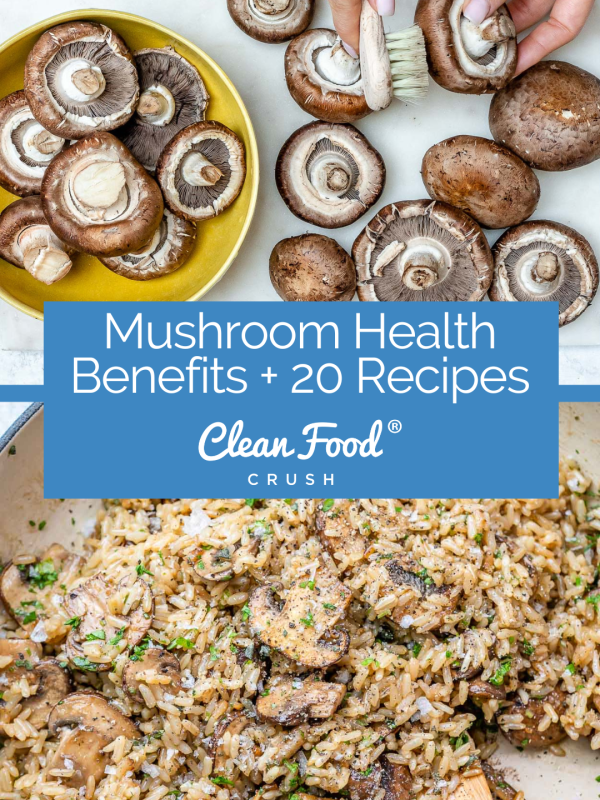This post contains affiliate links. Please see our disclosure policy.

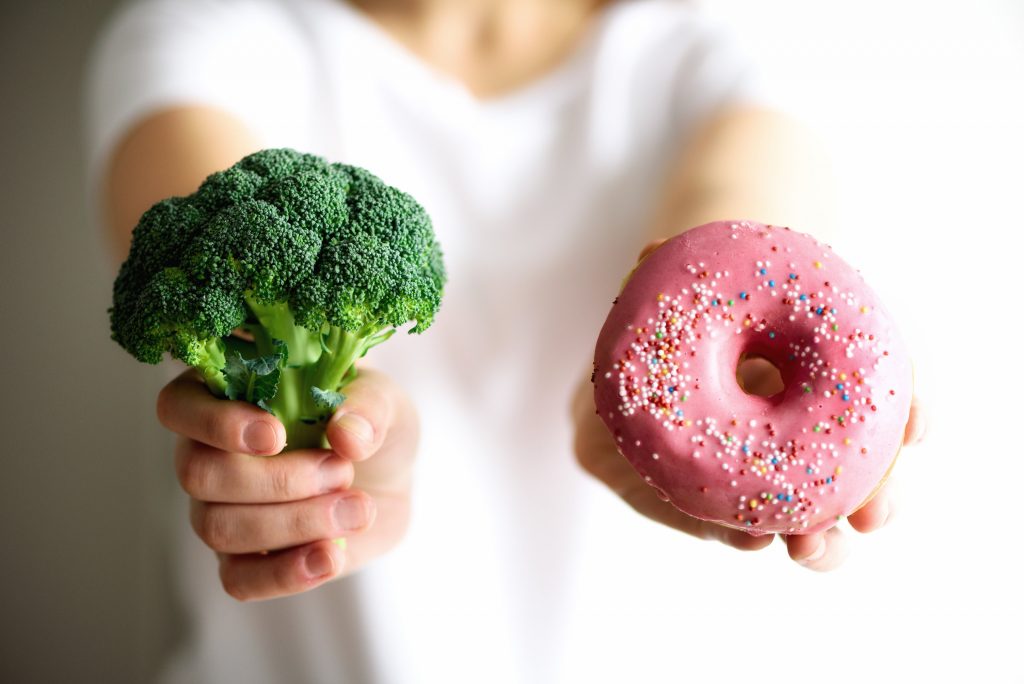
Sometimes losing weight can feel like an uphill battle. There’s so much conflicting information out there that can lead to feelings of confusion rather than confidence.
Maybe you’ve already been serious about trying to lose weight for a while now and haven’t been getting the results you hoped. Or perhaps, you’ve just started out and aren’t sure what you’re missing.
If you’ve been struggling to lose weight on your own, a carefully designed program with built-in accountability like the 30 Day Clean Eating Challenge may be the appropriate next step.
For some of us, weight loss is simply a matter of diet and lifestyle. With a few key adjustments, the weight just falls off. But what if you’re doing everything right and the weight still won’t budge?
Here are 7 factors to consider if you’re not losing weight:

1. You might not actually be Eating Clean
What do you consider Clean Eating? Chances are, if you’ve been figuring it out as you go, there may still be a few sneaky ingredients left in your diet that cause inflammation. Many packaged foods and restaurant menu items use canola oil and sugar, even if they’re marketed as clean.
Another thing to consider is that each body is unique. What works for someone else, might not be right for you. Thyroid issues, hormonal imbalances, injuries, and even different genetics play a role in how your body responds to the diet you’re on. Some of us need more or less healthy fats, proteins and carbs to thrive. It’s important that you get to know your body along the way, and if something isn’t working, make a change.

2. Your hormones might be out of balance.
Hormones play a major role in weight stabilization and metabolism. Your beauty and stress hormones work in cooperation together to ensure you have clear skin, lubricated joints, energy throughout the day and get restful nights of sleep. Your hormones also determine how your body utilizes the food you eat. If you’re under a state of stress and inflammation, your body may store more fat than you really need for self-protection.
This is why considering your emotional and self-care needs is such a key piece in losing weight. If your body is stressed-out, it’s really hard to let go of that extra fat storage.
If you’re not sure where your hormones are at, you might consider getting a few tests done with your Practitioner or Naturopath. Here are a few things you may want to look at to assess how well your hormones are functioning:
- Estrogen/Progesterone
- Cortisol & DHEA
- Thyroid Panel
- Iron Levels
Even if testing is out of your budget, you can begin to take steps towards coming into balance by assessing your current routines and making adjustments where needed. Here are a few things to consider:
- How much water do you drink per day
- Is your water clean/purified?
- Are you taking Omega 3 fatty acids?
- Do you sleep enough?
- Is your skin clear or do you experience breakouts? If you have acne or eczema, you might not be
- producing enough progesterone – salmon, and beef can make great additions to your diet!
To properly nourish your hormones, there are foundational efforts you can apply. Here are 10 ways to balance your hormones naturally.
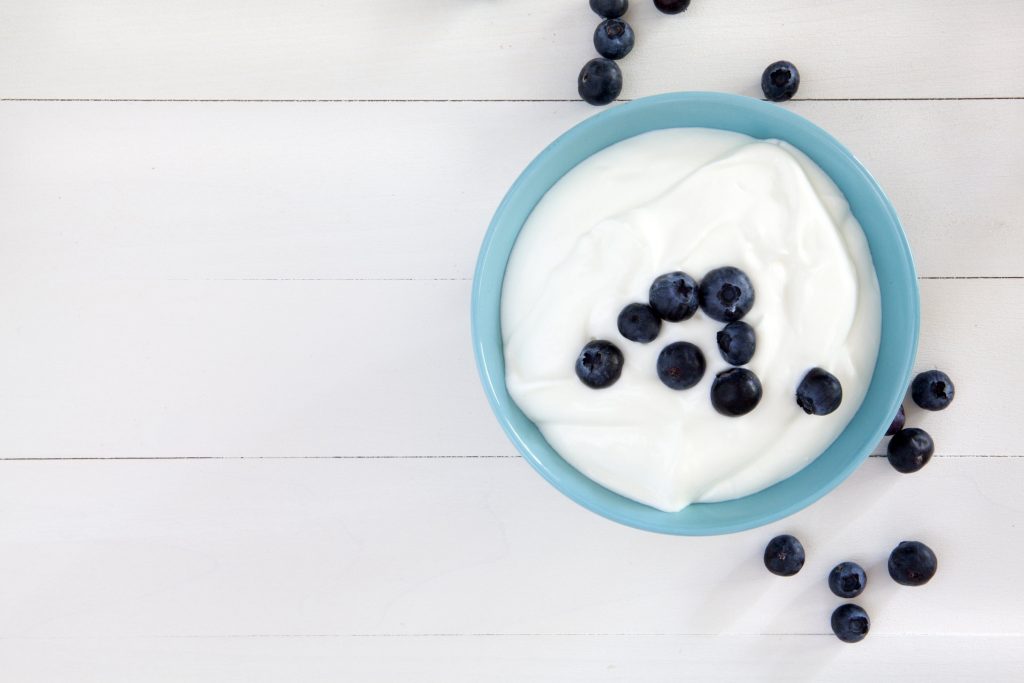
3. You might have food intolerances getting in the way
Food intolerances may be slowing down your progress. If you find yourself with a stomach-ache after eating, suffering from digestive issues, or having skin-breakouts, your gut might be in need of some serious repair.
IBS and indigestion usually lead to the body being extra sensitive. Certain foods, while “healthy” may actually lead to more inflammation in your body due to the environment in your gut.
You can do allergy testing, but that can get expensive. So, if you’re on a budget – make sure you keep a food journal. Document your meals, and how you feel after eating them. Do you notice more bloating after certain meals? Does your skin consistently breakout whenever you eat a certain food? When do you have the most energy?
Pay close attention to how your body responds to what you eat. Rather than simply eating what you’re told is healthy, let your body show you what it likes by tuning into your own subtle responses. Including probiotics in your diet can also be beneficial for rebuilding your gut flora and minimizing your inflammation response.
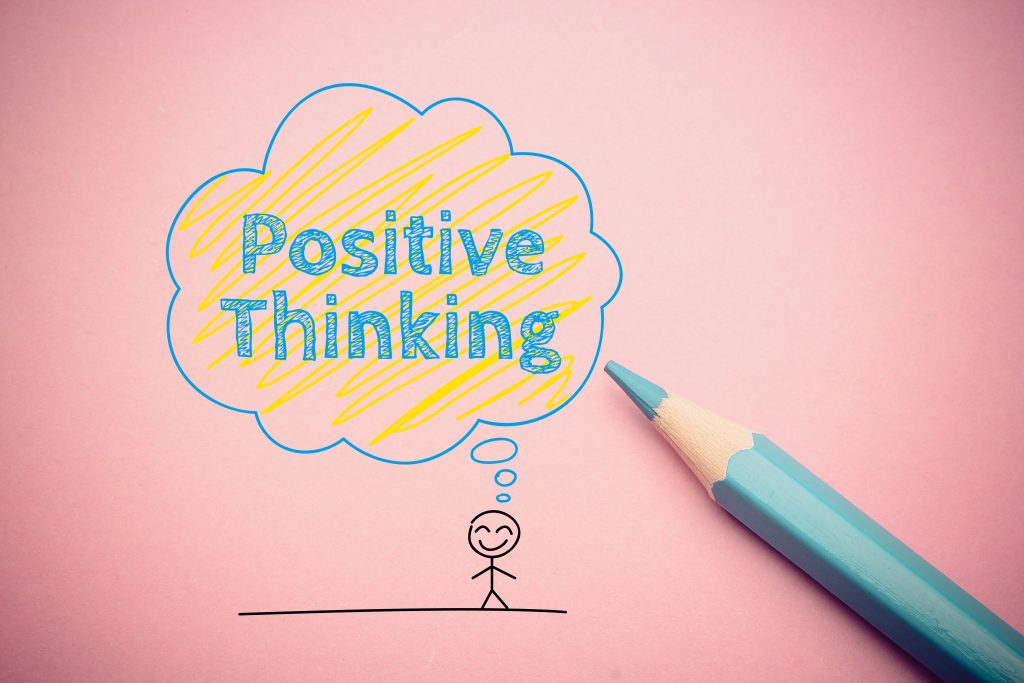
4. Your mindset might need a shift
How are you talking to yourself? Are you giving yourself permission to move at your own pace, or are you putting pressure on yourself to reach your goals as quickly as possible? Sometimes, this type of pressure has the opposite effect, especially if your body is already stressed.
If you’re talking down to yourself every time you look in the mirror, the process will be much more painful than it needs to be. Learning to love and fully accept yourself along the way will make the journey a pleasurable experience. One more about feeling healthier, than about needing to change yourself to be accepted.
It can be immensely helpful to have a daily mantra or positive quote that you use as encouragement. A supportive accountability buddy or group is also a great way to keep your mindset positive.

5. You may not be sleeping enough
Sleep! The most important ingredient to our health. One that often goes under looked and doesn’t get the credit it deserves. There are people who literally lose weight JUST by changing their sleep habits. While weight loss often requires a combination of changes, sleep should be at the top of your list if you’re investigating where you might be falling short.
How much you sleep is important, but it also matters what time you sleep. Being in bed and asleep by 11 pm creates the space for your organs to properly rest, while your body repairs itself.
Going to bed on an empty stomach will also help your metabolism reset and give your organs a break. Try having dinner no later than 3 hours before bed, and if you must snack – choose something light and healthy like a few slices of cucumber with hummus, or a half an apple with almond butter.

6. You’re exercising too much, or not enough
There’s no hard and fast rule for exercise when it comes to weight loss because it depends on your unique body and what it needs to feel safe.
If you’re working out every day and you’re still not losing weight, that might be a sign that your body needs more rest. Consider scaling back your exercise to just a few days a week, and make sure you’re getting enough calories in between workouts.
If you’re not exercising at all, or only once a week, you might consider trying to increase the amount of movement you incorporate into your day. Maybe you’re struggling because of an injury or chronic pain, and in this case, do whatever you can. Chair yoga, slow walks, swimming, or yin-yoga are just a few ideas you could try.
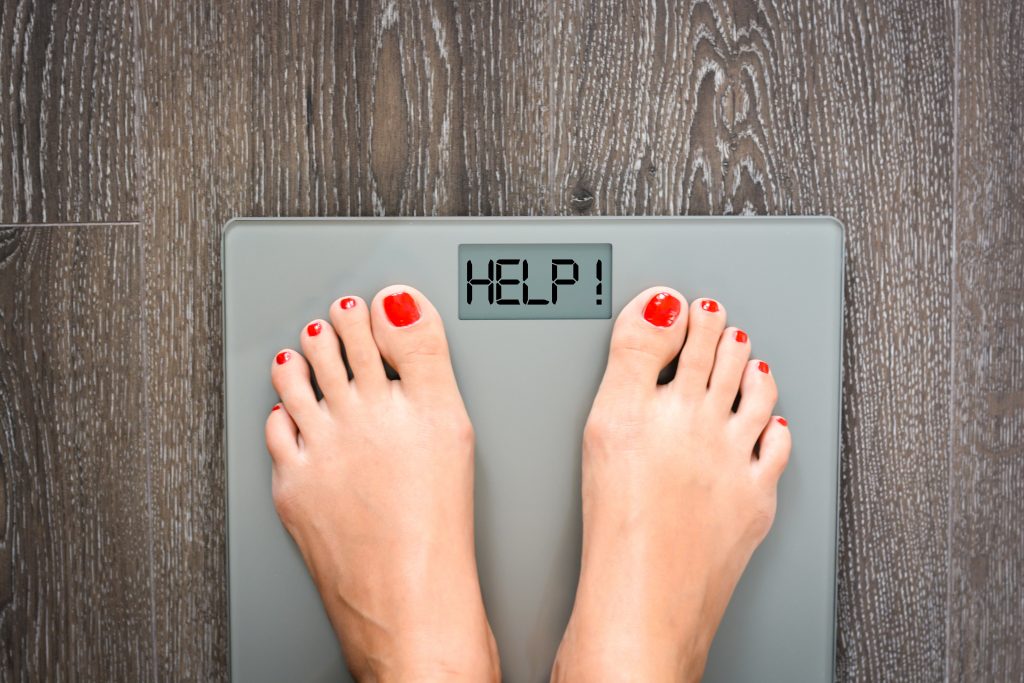
7. You’ve hit a plateau
Sometimes we hit a plateau when the body gets too comfortable with the routine. While establishing consistency is very important, especially if you’re healing a hormonal imbalance, at some point you might have to switch it up to get results.
Doing a review of your weight-loss plan and making adjustments along the way will ensure you continue to see results. Here are 6 ways to overcome a weight loss plateau.
Joining the 30 Day Clean Eating Challenge can help if you’re ready to have accountability and live support. Sometimes, just having people around you on a daily basis who can encourage you to keep going or offer you insights makes all the difference.









